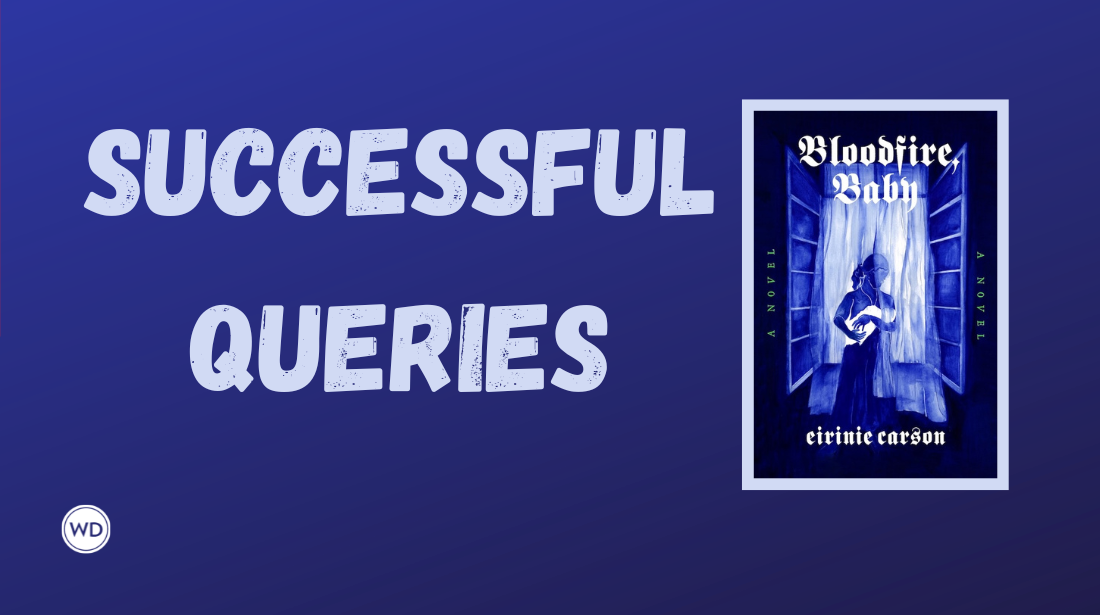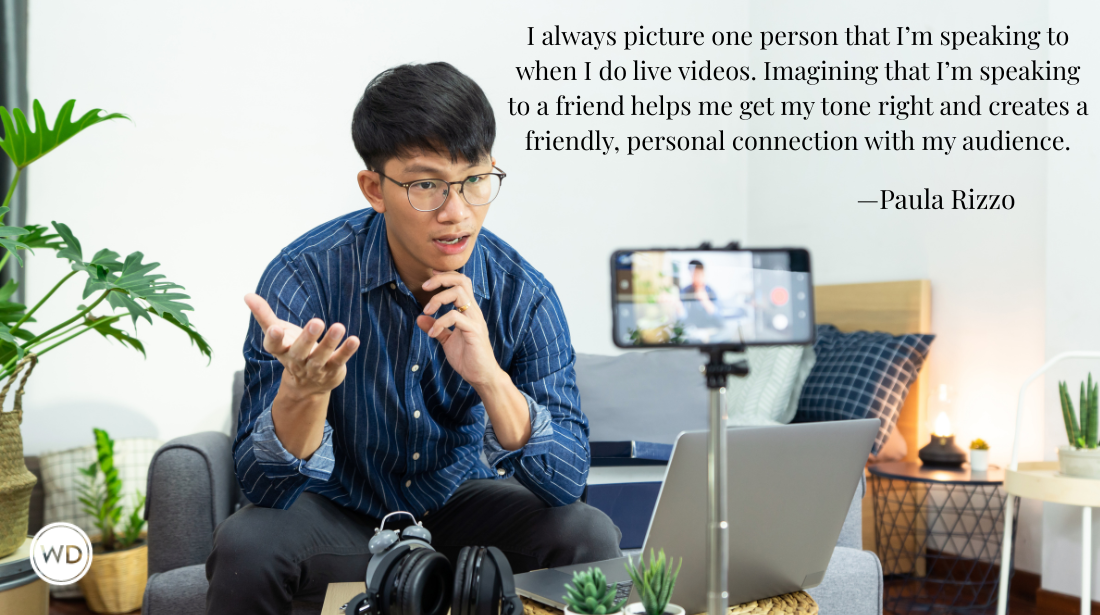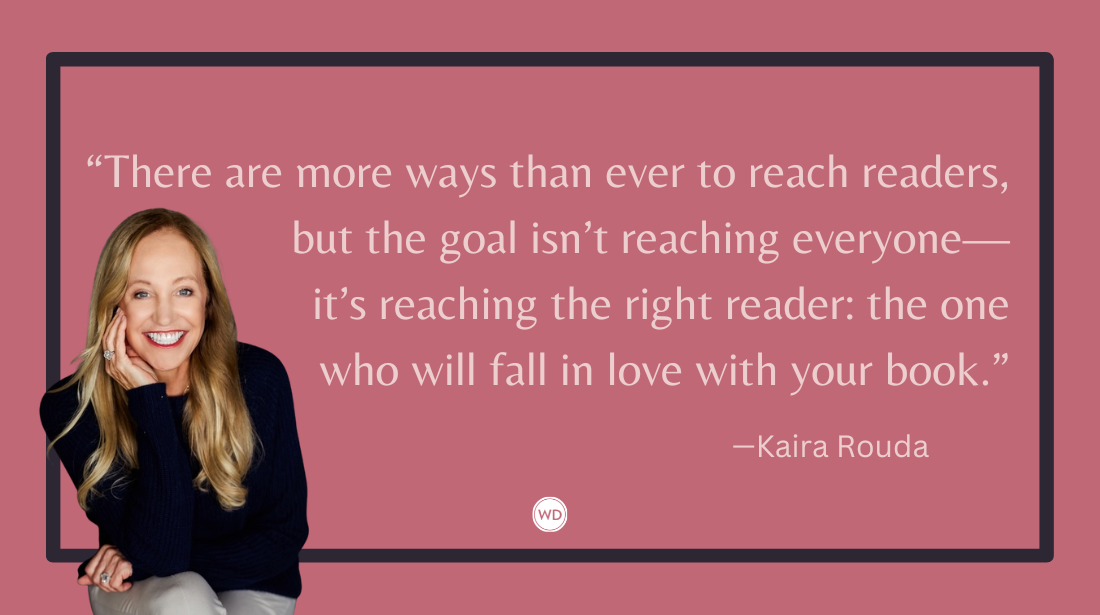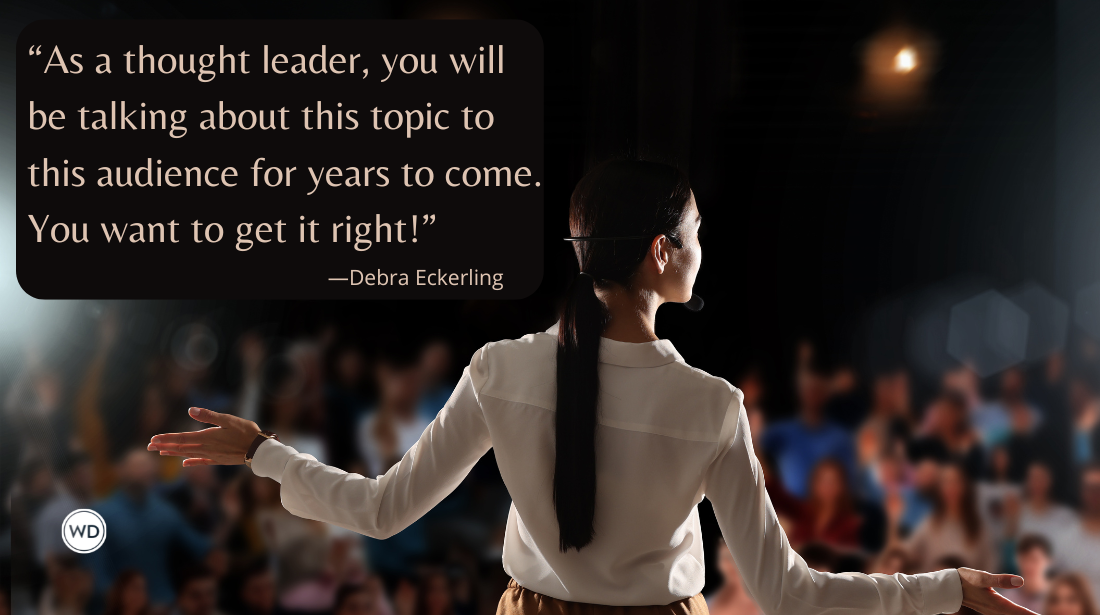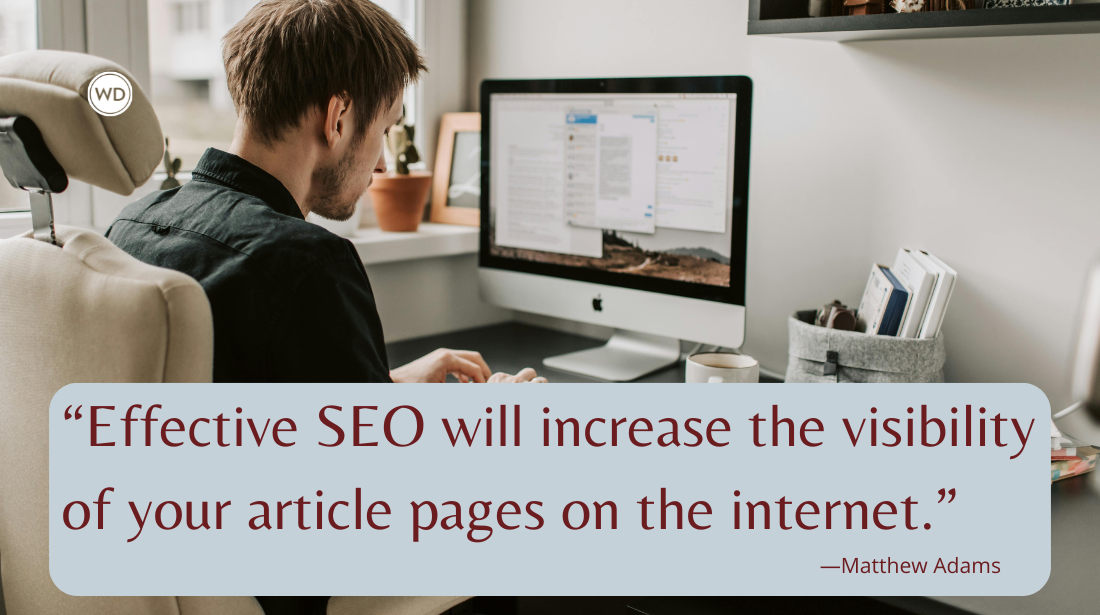7 Thoughts on Conducting Interviews From Terry Gross, Host of NPR’s “Fresh Air”
Here are 7 thoughts on conducting interviews from Terry Gross, host of NPR’s “Fresh Air” show, from the February 2008 issue of Writer’s Digest.
Here are 7 thoughts on conducting interviews from Terry Gross, host of NPR's "Fresh Air" show, from the February 2008 issue of Writer's Digest.
One of my favorite shows on NPR is Terry Gross' "Fresh Air" program. If you've never heard one of her interviews before, she does a deep dive into the career and interests of various interview subjects, usually writers, artists, actors, directors, and other celebrities. And she does it in a way that sounds authoritative and open at the same time.
As I was diving into the archives, I noticed a round table on "The Art of the Interview" in the February 2008 issue of Writer's Digest that included thoughts from Gross and others on topics like what makes a good (and bad) interview question, what makes an author say yes to an interview, and more. It's really a great article.
Here are 7 thoughts on conducting interviews from Terry Gross that were included in it.
7 Thoughts on Conducting Interviews From Terry Gross
"Rule number one for me is to try to interview somebody whose movie, music, poems, or novel I genuinely like and want to know something about."
"What makes a question good or bad often has to do with to whom it's directed."
"I think people should be choosy about whom they give interviews to. Most well-known people give interviews because they have a book to sell or a movie to promote. I understand that, and I have no problem with it."
Write and Sell Articles!
It’s a great time to be a writer – because there are more places to tell stories, and more ways of telling them, than ever before. With print and online publications covering virtually every subject area today, and editors constantly seeking stories to run, along with dependable writers to write them, anyone with the right combination of skill, creativity and diligence can become a valued ongoing contributor and generate a reliable income stream from writing articles.
In online lectures, supplemental readings, and written assignments and exercises, we’ll talk about how to source, prioritize and develop topic ideas; compose and refine pitches to multiple outlets; stay tightly organized about submissions, follow-ups and correspondence; and execute assignments brilliantly – as well as why writers who query well, deliver on time and prove easy to work are gold to editors everywhere.
"I always write down questions beforehand because the interview isn't the raw material for me, but the final product. I want it to have a shape. I want it to have a narrative, a beginning, middle and end, and I want each question to build on the one before."
"This seems kind of obvious, but you have to listen to what the person is saying. And, when somebody tells you something heartfelt or personal, don't move on to the next question as if nothing's happened. Acknowledge that the person has just given you a gift by sharing something meaningful. Be sensitive to that and follow up."
"Here's one of the reasons why I think high-profile artists don't like being interviewed: A lot of journalists want to make news by revealing something embarrassing or secret, and everything is driving toward that moment. It's going to be a really bad thing for the celebrity and a really great thing for the journalist, because it's going to make headlines and it's going to get picked up."
"I assume my listeners haven't spent their entire day Googling my guests.'"




